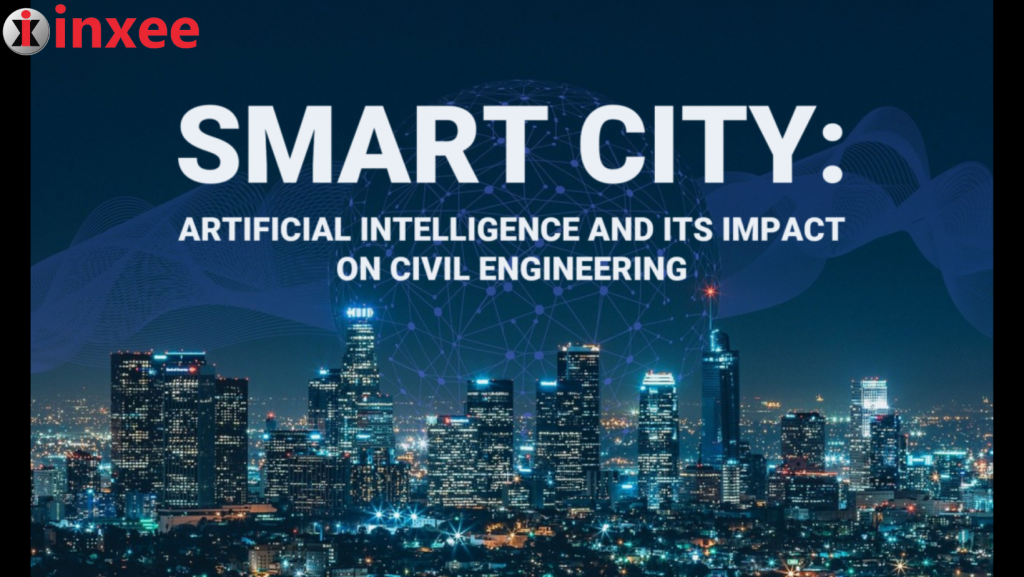Smart City: Artificial Intelligence and its Impact on Civil Engineering

Smart cities, which leverage technology and data to improve the quality of life for their citizens, have a significant impact on the field of civil engineering. Civil engineering plays a crucial role in the planning, design, construction, and maintenance of the physical infrastructure that forms the backbone of a smart city. Here are some ways in which smart cities impact civil engineering:
Infrastructure Planning and Design: Smart cities require well-planned and designed infrastructure to support their various technologies and services. Civil engineers are responsible for designing and implementing smart infrastructure, such as roads, bridges, water supply and distribution systems, waste management systems, and other critical facilities. This includes incorporating sensors, connectivity, and other smart elements into the design, as well as ensuring sustainability, resilience, and efficiency.
Intelligent Transportation Systems (ITS): Smart cities often include advanced transportation systems that rely on IoT, AI, and other technologies to optimize traffic flow, reduce congestion, and enhance public transportation. Civil engineers play a crucial role in designing and implementing ITS infrastructure, including smart traffic management systems, intelligent street lighting, and connected public transportation systems, among others.
Water Management: Water is a critical resource in any city, and smart cities use data and technology to manage water resources efficiently. Civil engineers are responsible for designing and implementing smart water management systems, including sensor-based monitoring, leak detection, water quality monitoring, and water distribution network optimization, to ensure sustainable and efficient use of water resources.
Sustainable Construction: Smart cities emphasize sustainability, and civil engineers play a key role in designing and constructing environmentally-friendly buildings and infrastructure. This includes using green building materials, implementing energy-efficient designs, incorporating renewable energy sources, and utilizing smart building management systems that optimize energy consumption.
Asset Management and Maintenance: Smart cities rely on data-driven asset management and maintenance practices to ensure the efficient operation of their infrastructure. Civil engineers use IoT and AI technologies to monitor and analyze data from sensors, drones, and other sources to predict maintenance needs, optimize asset performance, and extend the lifespan of infrastructure assets.
Resilience and Disaster Management: Smart cities need to be resilient to natural disasters and other emergencies. Civil engineers are involved in designing and implementing infrastructure that is resilient to various hazards, such as floods, earthquakes, and extreme weather events. They also use IoT and AI technologies to monitor and respond to emergencies in real-time, helping to mitigate the impact of disasters.
Thus, smart cities have a significant impact on civil engineering, as they require innovative approaches to infrastructure planning, design, construction, and maintenance. Civil engineers play a critical role in leveraging IoT, AI, and other technologies to design and implement smart infrastructure that is sustainable, resilient, and efficient, ultimately improving the quality of life for citizens in smart cities.









Leave a Reply